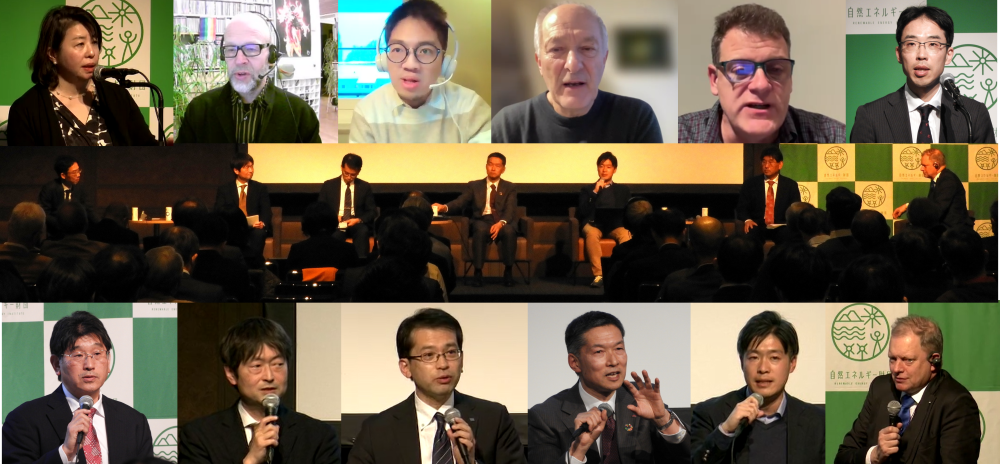
Discussions and implementation of the energy transition is advancing fast. In particular, the adoption of variable sources of solar and wind power is accelerating. Their prices have fallen sufficiently to allow solar and wind to decarbonize not only the power sector directly, but also the heat and fuel sectors indirectly through electrification.
Meanwhile, the role of bioenergy for the energy system decarbonization is also expected to grow. In the IEA’s Net Zero scenario, nearly 20% of primary energy supply is projected to come from bioenergy in 2050. What is now needed is to develop strategies by reaffirming the concept of biomass sustainability, in particular its effectiveness as a climate measure, taking into account diversities in energy demand structures and the amount of biomass resources available in different countries and regions.
In Japan, the use of biomass has progressed mainly from the power sector with the support of FiT, but demands for material use such as bioplastics is also growing together with demand for liquid fuel such as SAF. Developing a comprehensive strategy that includes scaling up of sustainable biomass supply is therefore required.
The event aimed to reconfirm the vital role of bioenergy in decarbonizing our energy system as well as to encourage the strategic bioenergy deployment in Japan.
Program *English-Japanese simultaneous interpretation provided.
[MC] Takanobu Aikawa Senior Researcher, Renewable Energy Institute
|
Opening |
|
Panel Discussion: Deployment in Japan in Light of Latest Global Discussions Closing |
Event Details
| Date | Thursday 18 January 2024 |
|---|---|
| Venue | Hall B, Toranomon Hills Forum |
| Organizer | Renewable Energy Institute |
| Admission | Free (prior registration required) |






